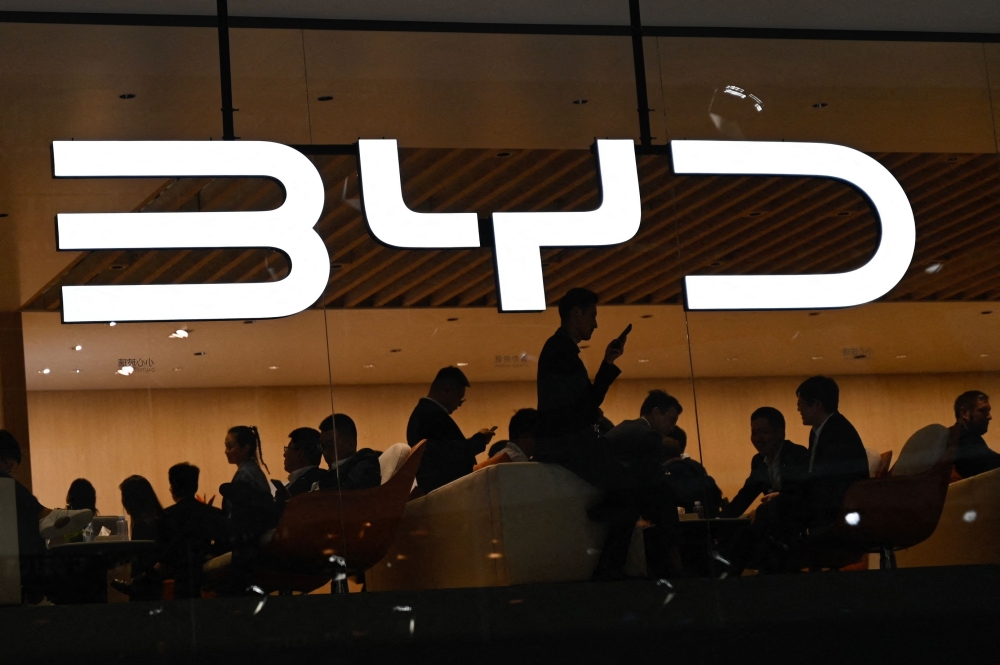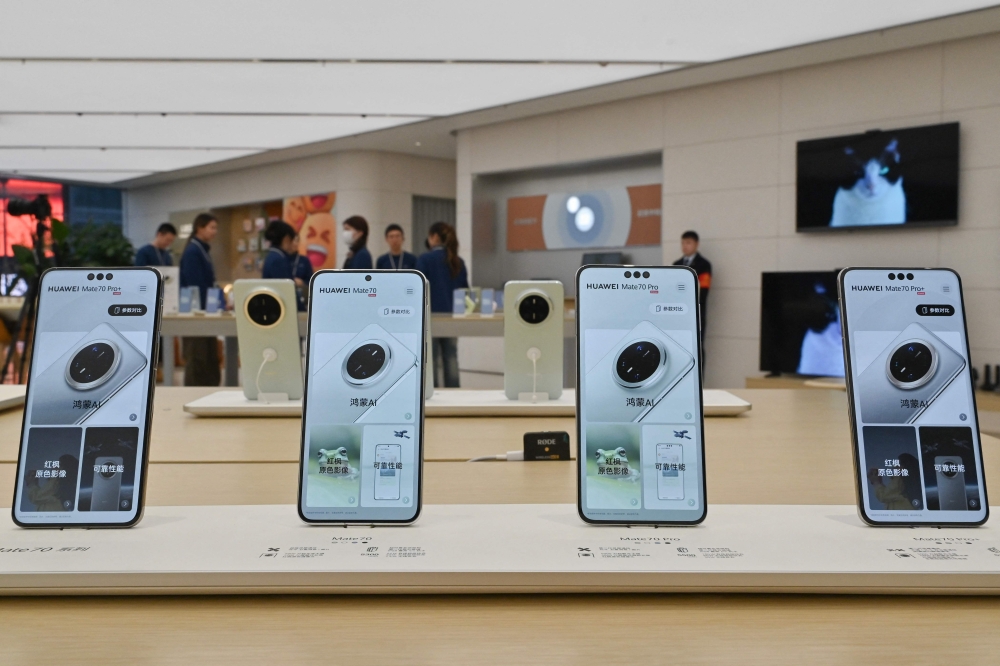KUALA LUMPUR, Feb 24 — Chinese brands are making significant inroads into the Malaysian market, leveraging competitive pricing and quality to attract local consumers.
From food and beverage chains to technology and automobiles, brands from China are increasingly establishing themselves in a landscape long dominated by Western and regional competitors.
According to the South China Morning Post, one example of this shift is Mixue, a Chinese ice cream and bubble tea franchise that has rapidly expanded across the greater Kuala Lumpur area.
With approximately 20 outlets listed on Google Maps, Mixue has attracted Malaysian consumers with its affordability and taste.
Many young customers, such as high school students Nur Ristina Eiliyan and Alia Kaizara, are drawn to the brand’s lower prices without necessarily being aware of its Chinese origins.
“It’s good and it’s cheaper,” Kaizara was quoted as saying, comparing the brand’s RM7 offering to competitors that charged RM10 or more.
Beyond food and beverages, Chinese technology firms have successfully entered Malaysia’s electronics sector. Smartphones from Huawei, Oppo, Vivo, and Xiaomi rank among the country’s top-selling devices, offering an affordable alternative to high-end Western counterparts such as Apple.

The BYD logo is displayed at the Beijing Auto Show on April 25, 2024. — AFP pic
Consumers are increasingly opting for Chinese brands that provide similar technological capabilities at a fraction of the price.
Chinese automotive brands are also seeing growing success. Electric vehicle maker BYD and car manufacturer Chery have swiftly gained traction, with Chery becoming Malaysia’s third-best-selling foreign vehicle brand within a year of entering the market.
BYD, despite its relatively recent debut, has already secured a spot in the top 10 list of best-selling brands, driven by rising interest in electric vehicles.
The food and hospitality sector has similarly seen an influx of Chinese players. Hotpot chain Haidilao has expanded to 18 locations in Malaysia and is considering further expansion.
The brand’s communal dining experience and heavy use of spices align well with Malaysia’s diverse culinary culture, making it a popular choice among local diners.

Huawei’s new Mate 70 and Mate 70 Pro mobile phones are seen on display inside a Huawei store at the Wangfujing shopping area in Beijing on November 26, 2024. — AFP pc
Experts attribute the increasing popularity of Chinese brands to a mix of affordability, quality, and strategic market positioning.
Rajiv Biswas, CEO of Singapore-based research firm Asia-Pacific Economics, noted that China’s advanced manufacturing capabilities allow its brands to offer cost-effective products without compromising on innovation.
“Many of these brands provide technologically advanced products that appeal to Malaysia’s price-conscious yet increasingly sophisticated consumer base,” Patrick Cooke, managing editor for the Middle East and Asia at Oxford Business Group, told the SCMP.
While Chinese brands continue their expansion, Malaysia’s malls and commercial spaces still primarily feature Western and Southeast Asian retailers.
However, the increasing wealth of Malaysia’s 35 million people and the presence of a 6.9 million-strong ethnic Chinese population are factors that give Chinese brands a foothold in the market.
Chinese companies are also likely to further cement their presence, offering local consumers an ever-expanding range of affordable and high-quality choices.







